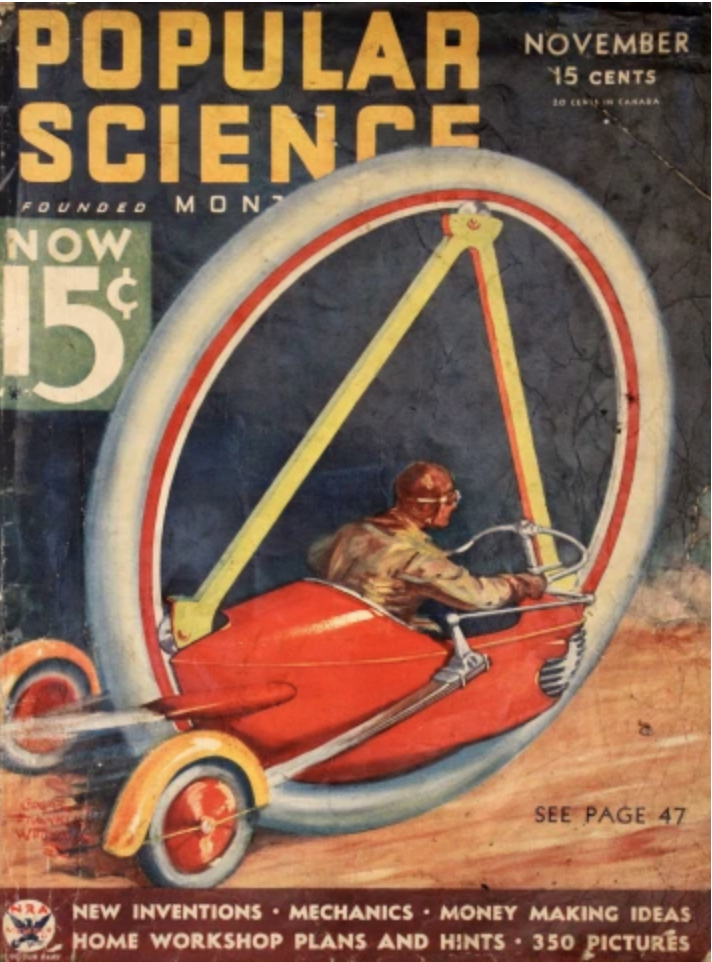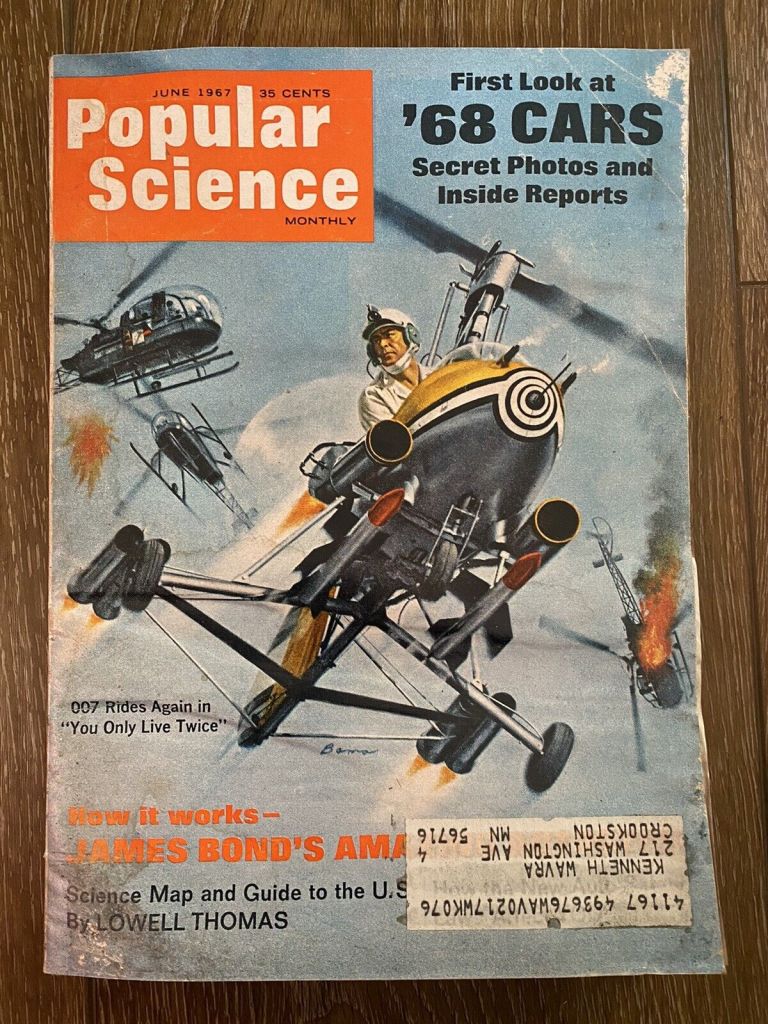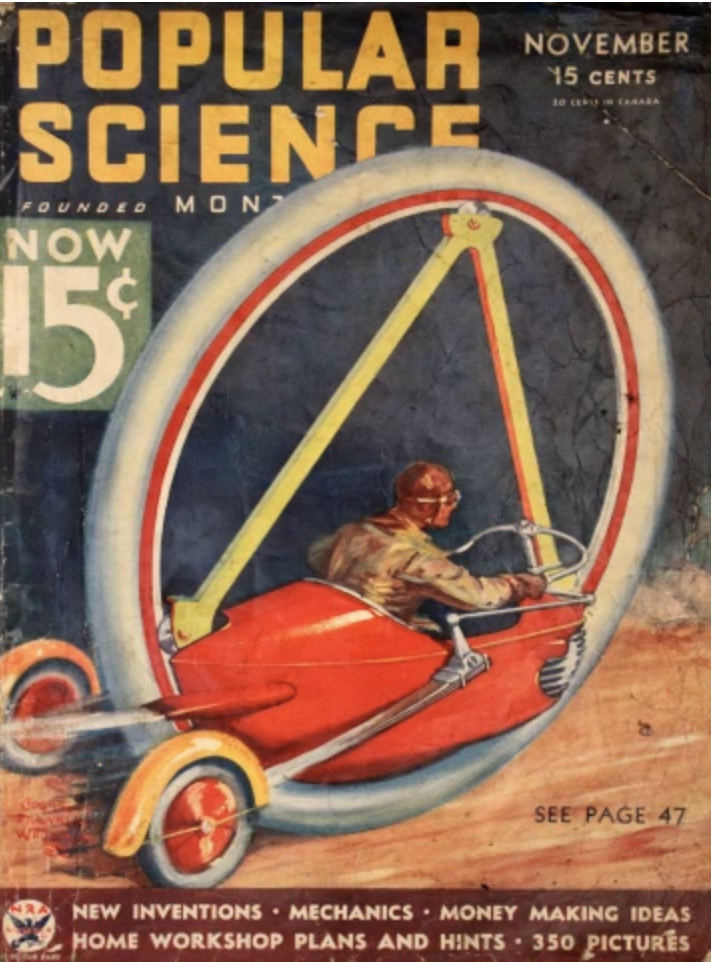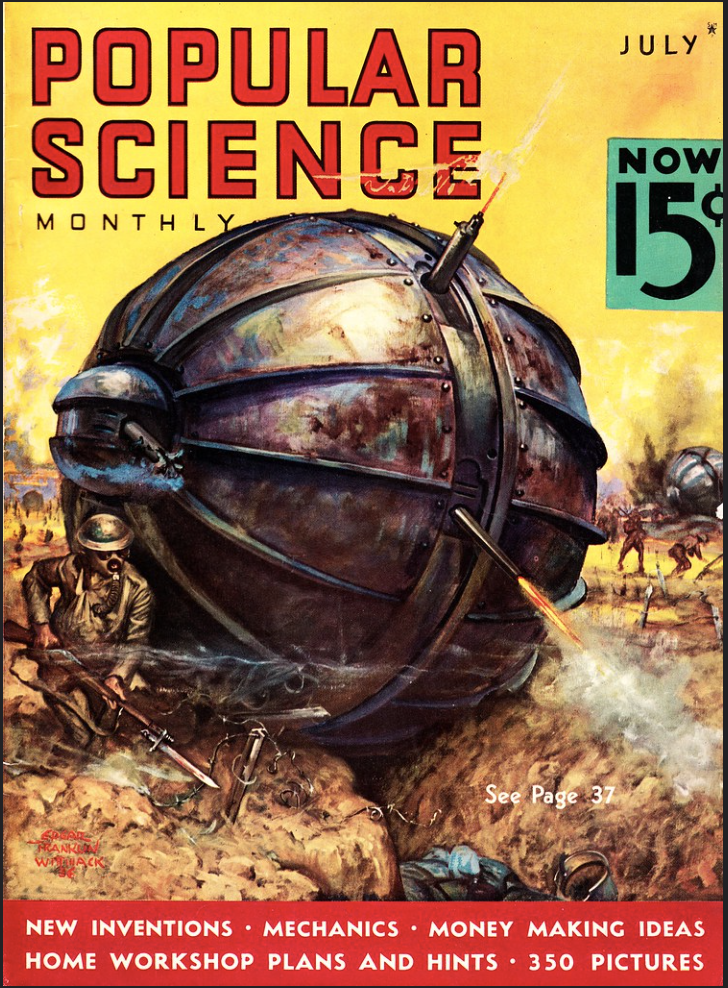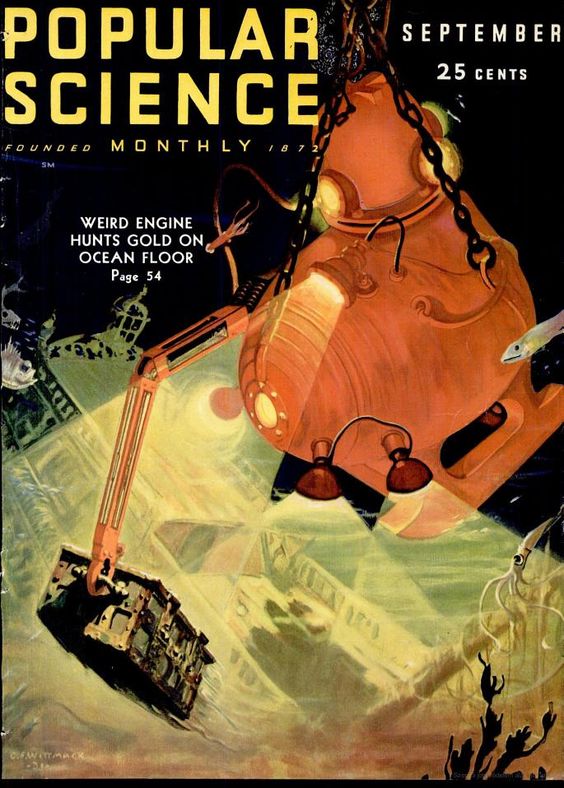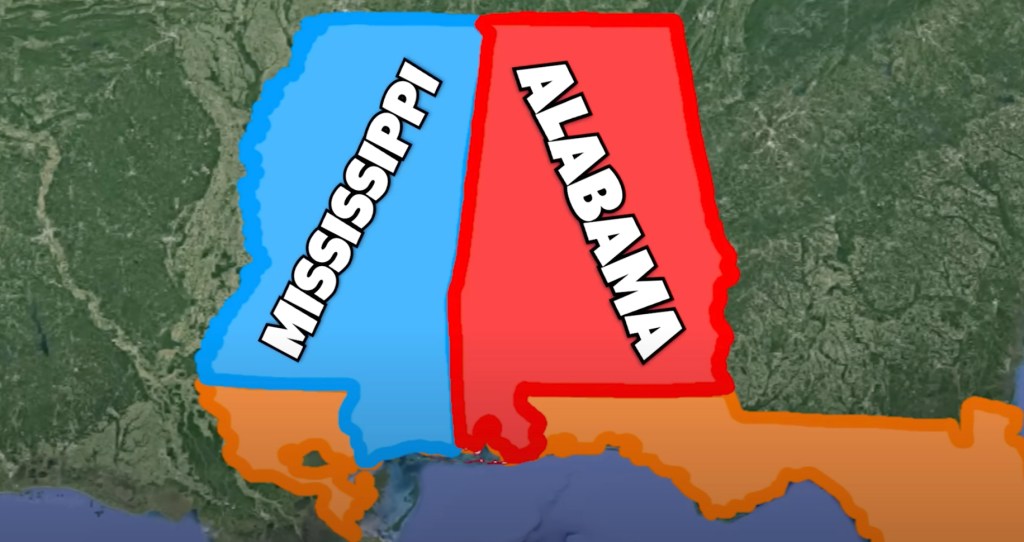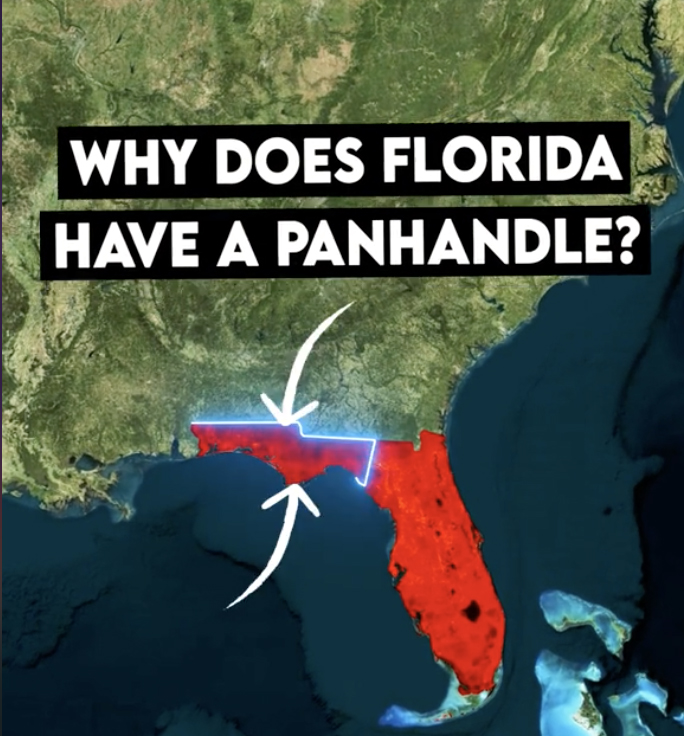The Sebring Community Redevelopment Agency (CRA) approved an agreement to participate in a TV show’s makeover of the downtown Circle Park Drive area with the network proposing to spend about $1 million and the CRA pitching in $1.35 million.

Show hosts Erin and Ben Napier of Home Town Takeover has been renewed for season 3, and they will be taking their renovation expertise to Sebring. Their original and still running show is Home Town, which has eight seasons on HGTV, starting in 2016.
“Home Town Takeover” previously stopped in Wetumpka, Ala. in Season 1 and Fort Morgan, Colo. in Season 2.
See All the News & Other Media About Sebring’s Hometown Makeover as it Unfolds [R. Michael Brown]




